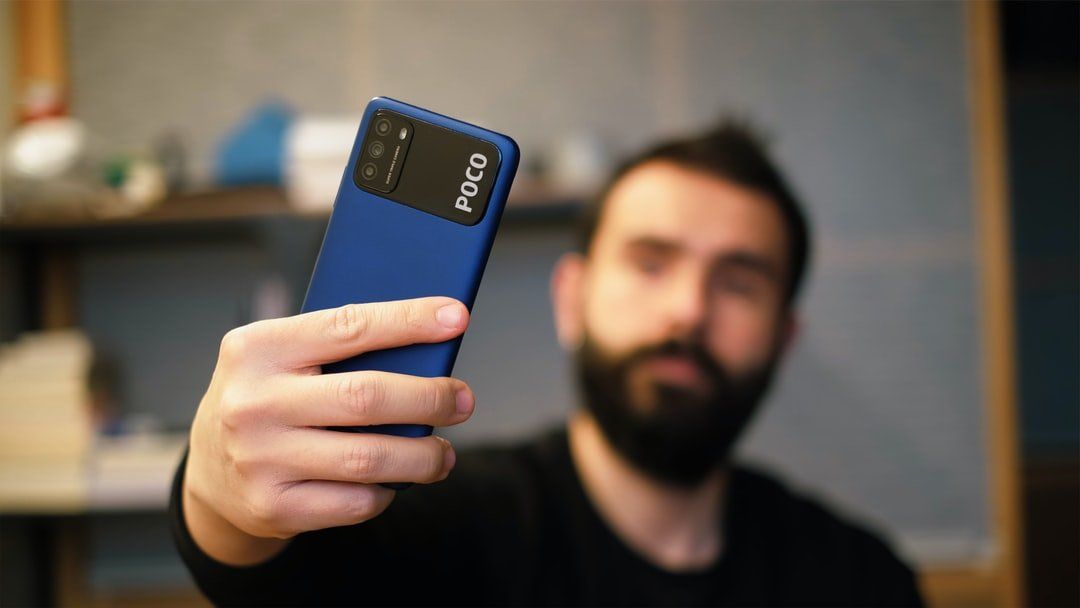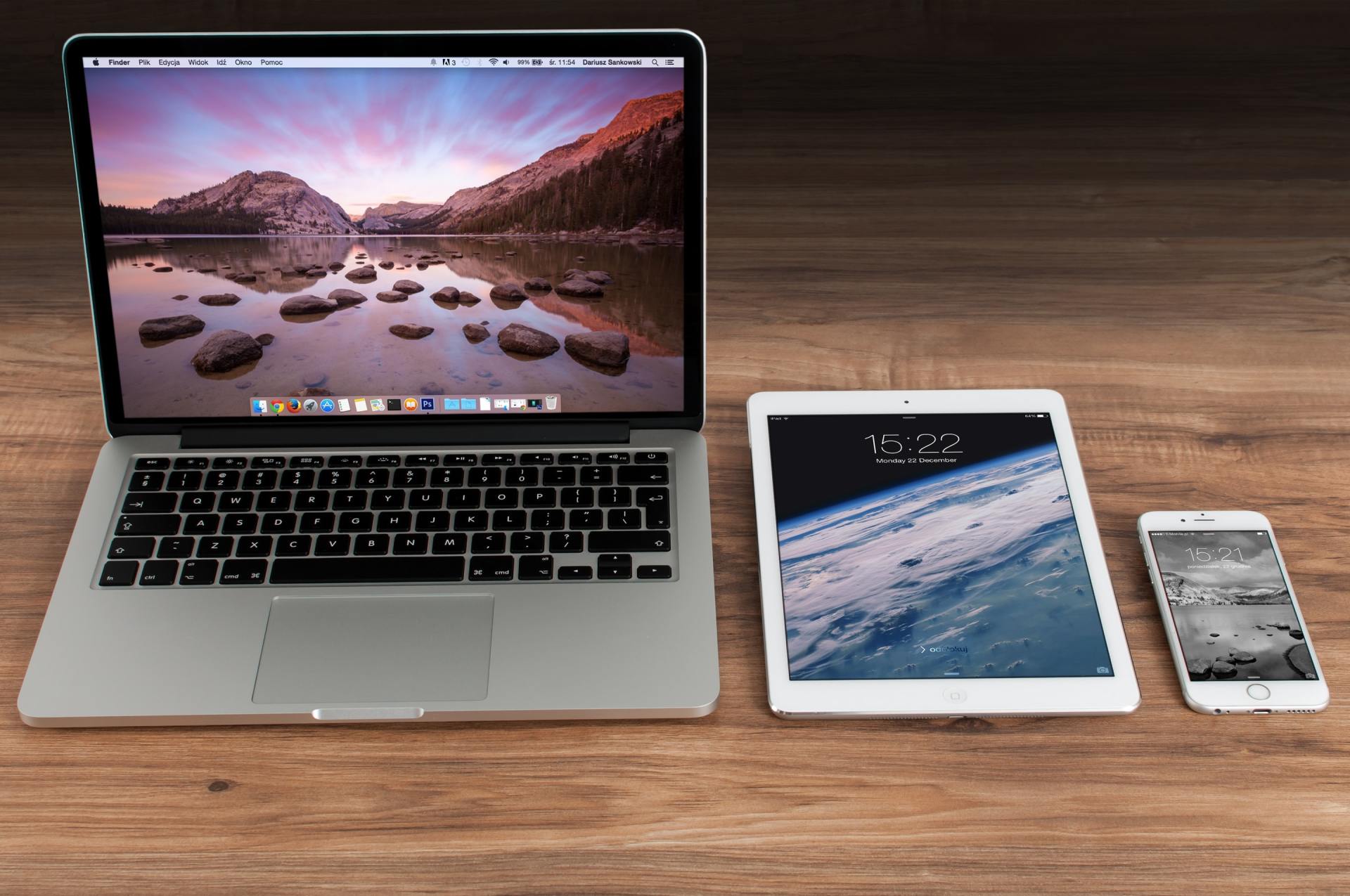Addicted to your phone? Here's how to break your device dependency and reclaim your time.
The urgency of the "screen world" can be utterly mesmerizing, robbing you of your precious time.
If you're tired of getting your brain hijacked, this post can help.
I'll show you how to do a digital detox, then give you the strategies to break your device addictions for good.
Addicted? It's Not Your Fault
Overcoming an addiction is not just about willpower. Humans are wired to seek pleasure and avoid pain. So if you find it hard to put down your phone and get to work, it's not (entirely) your fault.
The way addictions work is by strengthening the
neural pathways in the brain that link pleasure to a particular object, person, or habit.
If you're feeling stressed, that shiny phone of yours is an escape from your pain. The distraction of a text, social media, or news headline provides instant relief.
But as addictions go, you feel guilty after indulging in them, which in turn causes you to
indulge in them even more.
Want to break the cycle? The first step is a digital detox.
What is a Digital Detox?
A digital detox refers to a brief vacation from all things that have a screen. That would be smartphones, computers, tablets, televisions and video games.
The idea here is that humans were not designed to be looking at screens all day. This behavior is toxic to your physical and mental health.
Screens cause problems with attention, vision, sleep and cognition.
A detox allows your body to return to its natural baseline functioning. Not only is this good for your health, it provides perspective. You realize how much time you actually spend on your devices.
What's the right amount of time for a digital detox? According to
mindfulness expert Nancy Colier, six hours is the minimum. It takes that long to fully relax and notice the absence of stress.
However long your detox is, you'll notice the benefits. Choose an amount of time that you know you can stick to.
Ready for a Digital Detox? Here's Some Strategies
So, are you ready to get on the path to reclaiming your health, your time, and your life? Here's some strategies for a successful detox.
Choose a realistic timeframe.
If you like challenges, you might be tempted to do a long digital detox. I would suggest keeping it short. You'll be surprised how hard it is to abstain from your digital devices.
Set your parameters.
Is your detox a full unplug or a modified one? Decide ahead of time exactly what you're allowed to do. Maybe you absolutely have to check your texts, for example. Or maybe you're going to tell everyone to call you instead of text you. Challenge yourself, but be realistic.
Cover your bases.
If people rely on you, set up a contingency plan. For example, you could set a vacation response for your work email, telling people to call you on your phone.
Get accountable.
Challenges are more fun when you do them with others. This creates accountability. You could even do a digital detox with your whole family. This can be a fun way to model good habits for your kids.
Don't be perfect.
If it's your first time doing a digital detox, it won't be perfect. You might find yourself answering "just one text” or checking Facebook "just for a second." Resist temptation, but forgive yourself for being human.
Use a timer. Set an alarm to go off when your detox is over. That way, you know there's light at the end of the tunnel.
Create a reward.
Schedule something fun after your detox. You might even write your reward on a Post-it and put it on all the screens around the house to remind you not to give in.
After a Digital Detox: Your New Relationship to Technology
Okay, you made it through your digital detox! Maybe it wasn't perfect, but you did it.
Now what? What's the point of a digital detox if you go right back to your old habits, right?
The point of the digital detox is to get perspective.
What was it like not being able to look at a screen? Did you feel like an addict, craving that hit of dopamine from your shiny screen? Did you notice the
rationalizations going on in your mind to cheat on your detox?
If your detox was uncomfortable, it means that like most people, you are addicted to technology. Hopefully that scares you!
So, do you want more control over your digital devices? If the answer's yes, here's how to do it...
How to Reclaim Your Time For Good
These are seven habits that I personally use, and they have been a game changer. Stick with these and you'll reclaim your time for good.
1. Turn your notifications off.
Unless you’re a doctor or someone who has to respond to actual emergencies, it's okay to turn off the notifications on your phone.
2. Put your phone away when you're having a conversation. Looking at your phone while someone is talking tells the other person that they are less important than your sacred device.
3. Don’t look at your phone when you're exercising. If you're distracted by your phone, you’ll take too many breaks and not get the full physical and psychological benefits of exercise.
4. Don't use your phone as an alarm clock.
If you wake up to your phone's alarm clock, you're at the mercy of the digital world, and you start the day in reactive mode. Buy an alarm clock.
5. Don't check your phone for the first 30 minutes in the morning.
Your willpower is weakest in the morning. Your phone can suck you in and before you know it, you've wasted half your morning on Instagram.
6. Have an “all screens off” time. In the evening, have a set time when all devices get turned off. This is your cue to wind down, and end your day. Your sleep will improve, and you'll wake up feeling refreshed.
7. Charge your phone in another room while you sleep. If your phone is accessible while you sleep, you're more likely to grab it if you wake up in the middle of the night.
Say No to Instant Gratification
Ultimately, the question is this: do you want to use your devices or have them use you?
Of course you probably use a computer at your job or business. I get it. But there's still a lot you can do to unplug — write shorter emails, take screen breaks — it all adds up.
It's easy to do what everyone else does and play the short game. The short game is compulsively checking your phone, binge-watching Netflix, and obsessing over your social media.
Play the long game instead. Say no to instant gratification. Take time to authentically connect with friends and family. Go camping, go for a bike ride, or take a walk with your significant other. These are lost habits in an increasingly onscreen world.
But first you have to break free from the grip of technology. It starts with a cold-turkey digital detox. You'll get perspective on how much time you waste on your devices. Then you can reclaim your time long-term by using the seven habits mentioned earlier.
Willpower is not enough to evade the temptation of today's technologies. You must master your environment and learn the science of self-intervention.






